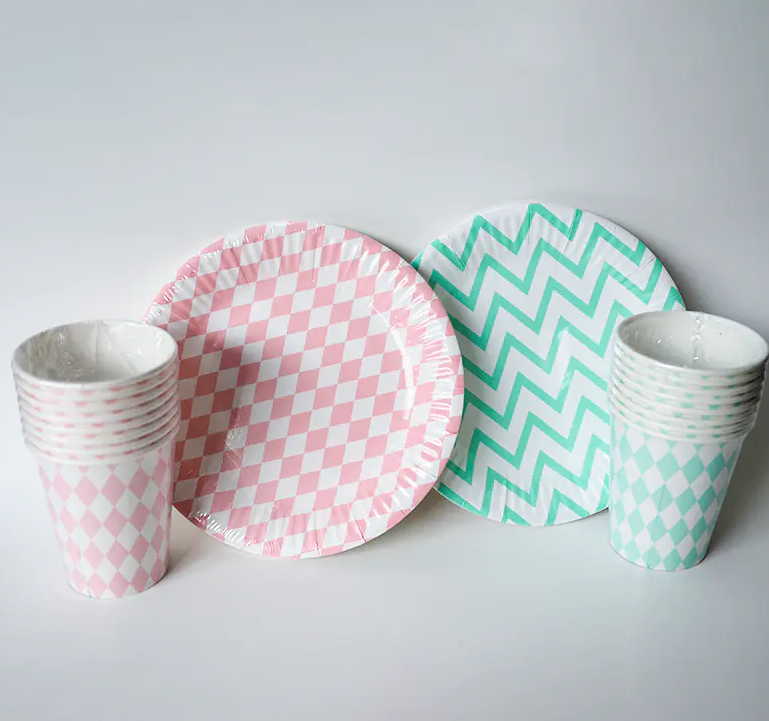Evaluating the Effectiveness of Coatings in Improving Disposable Paper Plates' Performance

The ability of Disposable Paper Plates to resist oil and grease is a key factor in their practical use, especially for serving fried or heavily sauced foods. Traditional paper plates, made from pressed pulp, tend to absorb oils and liquids, which can weaken their structure and cause stains or leakage. Surface treatment technologies have emerged as a method to enhance the oil resistance of these products, improving both durability and user experience.
Types of Surface Treatments
Several surface treatment options are available to improve oil resistance. Wax coatings are a common method, forming a thin protective layer that prevents oil from soaking into the paper fibers. Plastic or polymer laminates, including biodegradable variants, create a more robust barrier against liquids and greasy foods. Additionally, water-based barrier coatings can provide a combination of oil and water resistance without significantly affecting the plate’s biodegradability. Each method offers varying degrees of protection and must be selected based on the intended application.
Benefits of Enhanced Oil Resistance
Improving the oil resistance of paper plates through surface treatments brings multiple advantages. Plates can maintain their shape and structural integrity even when serving oily foods, reducing the risk of collapse or leakage. Enhanced resistance also improves aesthetic appeal, as the plates remain cleaner and more presentable after use. For catering, festivals, or household events, these improvements directly translate into a more convenient and reliable user experience.
Environmental and Practical Considerations
While surface treatments increase performance, they may impact environmental sustainability. Traditional plastic coatings can reduce compostability and recyclability, prompting the development of eco-friendly alternatives such as plant-based polymers or biodegradable waxes. Manufacturers must balance functional improvements with environmental responsibility, ensuring that treated plates meet both performance and sustainability standards. Users can also benefit from clear labeling indicating whether a plate is suitable for composting or recycling.
Application Scenarios
Surface-treated Disposable Paper Plates are particularly useful in settings where greasy or oily foods are frequently served, such as fast food outlets, barbecues, or catered events. The improved resistance allows the plates to handle heavier foods without soaking through, extending their usability. Moreover, these plates remain lightweight and disposable, preserving the convenience factor that makes them popular in outdoor and large-scale settings.
Disposable Paper Plates can indeed achieve enhanced oil resistance through appropriate surface treatments. Wax coatings, polymer laminates, and water-based barriers all protect greasy foods while maintaining usability. However, careful consideration of environmental impact is essential when selecting or designing treated plates. By integrating surface treatments thoughtfully, manufacturers can deliver more durable, practical, and user-friendly paper plates suitable for a wide range of applications.
- Art
- Causes
- Crafts
- Dance
- Drinks
- Film
- Fitness
- Food
- الألعاب
- Gardening
- Health
- الرئيسية
- Literature
- Music
- Networking
- أخرى
- Party
- Religion
- Shopping
- Sports
- Theater
- Wellness


